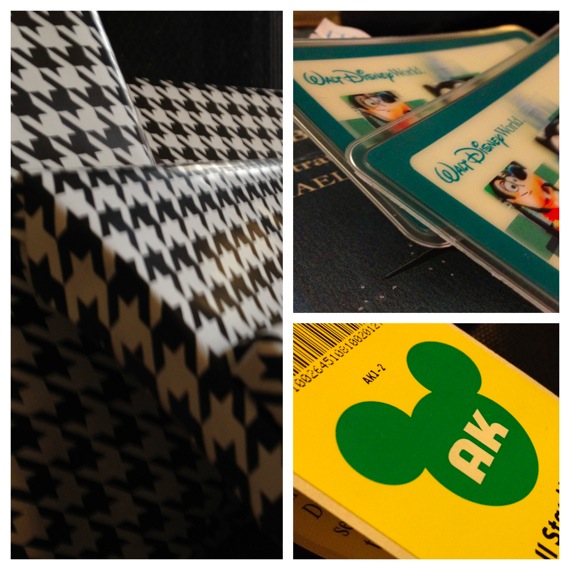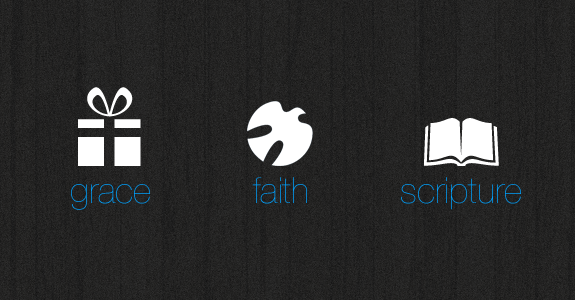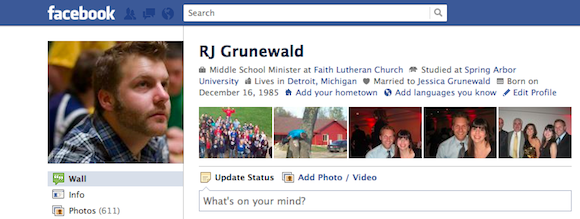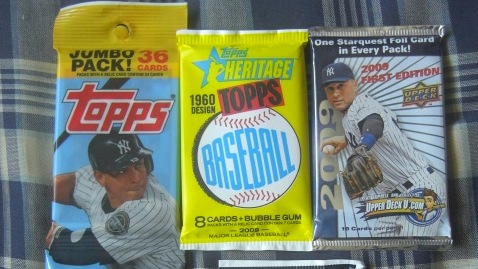[This post is a part of the Creating a Sermon Series series]

As we gather ideas for our sermon series, there will come a point when we need to begin to flesh out an actual plan. We eventually need to get our ideas on paper so we can begin planning the minute details that are necessary for making the sermon series a successful one. As I plan my sermon series for our middle school ministry, my goal is to have seasons planned several months before we get to them. For me that means in November, the plans for our January to May series gets nailed down. In April or May, I finalize our summer teaching plan. And I do the same thing as I plan our fall series. The following questions are very helpful to me as I try to set the framework for an individual series.
1. What's the Big Idea?
Just like an individual sermon will have an overall message, the same thing should be true of a sermon series. In the scope of the several weeks that are tied together, what are you hoping will be accomplished? There will be certainly differences from message to message, but what big idea is holding these all together.
2. Where's the series going?
What is the weekly progression of your series? Be intentional about how weeks build upon the previous weeks; at the same time find ways to tie back to the current series. Since you likely have a big idea in mind, how does each individual week fit into the big idea while also expanding upon that idea in a unique way. If the sermon series doesn't feel like it's going anywhere, there might be a better way to lay out the indivdual weeks of the series.
3. What are the weekly main ideas?
If you knew the one thing that you were trying to communicate in an individual message several weeks before you did most of your writing, how much more creative would you be? Work hard to figure out the big idea of your individual messages now so that you can let them sit in your brain. The longer you have an idea and can let it be there, the more ideas you will come across that can serve your message well.
4. What's should it be called?
The content is most important, but the context of the sermon does matter too. In essence, as we develop a sermon series, we are trying to create a brand for a group of sermons. By creating a brand it helps people quickly recognize what we are talking about, where we are going, and it might even become a memorable set of messages.
5. How can I make it memorable?
The title and branding are certainly intertwined with this, but taking it a step further, what else can we do to make the content memorable? It's important here that we understand, we are not trying to make an graphic or color scheme memorable, but actually make the content memorable. What can you do with the web, with video, or graphics to help make the theme stick?
Photo Credit: Marcus-E




 Occasionally I make apps. I don't love the code engineering process in making apps, but I love coming up with ideas and using the App Store as a platform to share my ideas. I often hear about people who want to make a ground-breaking app for the iPhone or iPad. Everybody has a lot of ideas of what should be an app. Typically it's motivated by the stories of people getting rich from a smash hit like Angry Birds. My motivation for making apps has not been the same; my motivation for making apps has been that I've wanted those apps.
Occasionally I make apps. I don't love the code engineering process in making apps, but I love coming up with ideas and using the App Store as a platform to share my ideas. I often hear about people who want to make a ground-breaking app for the iPhone or iPad. Everybody has a lot of ideas of what should be an app. Typically it's motivated by the stories of people getting rich from a smash hit like Angry Birds. My motivation for making apps has not been the same; my motivation for making apps has been that I've wanted those apps.
 In order to seriously talk about any theology, we need to make clear what presuppositions we are bringing with us into the discussion. We can talk for hours about the doctrine of the Trinity, but if I believe that the Bible is God's word and you do not, we need to talk about something other than the doctrine of the Trinity. Since I often use this blog for
In order to seriously talk about any theology, we need to make clear what presuppositions we are bringing with us into the discussion. We can talk for hours about the doctrine of the Trinity, but if I believe that the Bible is God's word and you do not, we need to talk about something other than the doctrine of the Trinity. Since I often use this blog for  This week we finished our
This week we finished our 
 As more and more people have flocked to facebook, it has also become common for more and more people to post things as their statuses that would be better left unposted. For some reason, we feel as though every tidbit of information going on in our head should be shared; especially if we are upset with someone or something. For that reason, I decided to put together a post of some things that I think are better left off of facebook.
As more and more people have flocked to facebook, it has also become common for more and more people to post things as their statuses that would be better left unposted. For some reason, we feel as though every tidbit of information going on in our head should be shared; especially if we are upset with someone or something. For that reason, I decided to put together a post of some things that I think are better left off of facebook.
 This week we began a
This week we began a